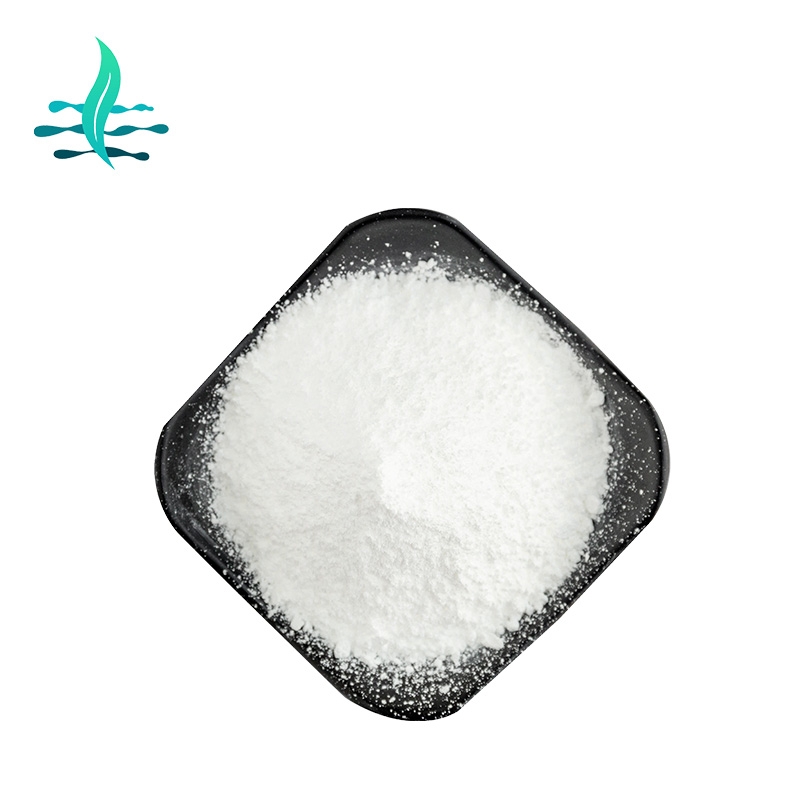-
Categories
-
Pharmaceutical Intermediates
-
Active Pharmaceutical Ingredients
-
Food Additives
- Industrial Coatings
- Agrochemicals
- Dyes and Pigments
- Surfactant
- Flavors and Fragrances
- Chemical Reagents
- Catalyst and Auxiliary
- Natural Products
- Inorganic Chemistry
-
Organic Chemistry
-
Biochemical Engineering
- Analytical Chemistry
-
Cosmetic Ingredient
- Water Treatment Chemical
-
Pharmaceutical Intermediates
Promotion
ECHEMI Mall
Wholesale
Weekly Price
Exhibition
News
-
Trade Service
Today, the U.S. Food and Drug Administration (FDA) has accelerated approval of Enhertu (fam-trastuzumab deruxtecan-nxki) for treatment of adult HER2-positive breast cancer patients who cannot be removed (cannot be surgically removed) or metastasis have received two or more anti-HER2-based treatments in a metastasis environment. Enhertu is a binding of antibodies and topological isomer inhibitors directed by human skin growth factor 2 (HER2), meaning that the drug is targeted to alter this compound in HER2 to help cancer grow, divide and spread, and is associated with topological isomer inhibitors, a compound that is toxic to cancer cells.
“ Much progress has been made in the development of HER2-positive breast cancer drugs since the introduction of Hercetin in 1998. Enhertu's approval represents the latest treatment options for patients who are making progress in the availability of HER2 targeted therapies," said Dr. Richard Pazdur, Director of the FDA Center of Excellence in Oncology, Acting Director of the Oncology Office at the FDA Oncology Center, responsible for
Drug Evaluation and Research
Richard Pazdur. Her2-positive breast cancer is a protein that tests positive for human skin growth factor 2 (HER2), which promotes the growth of cancer cells. About one in five breast cancers has a genetic mutation. HER2 protein excess cells. HER2-positive breast cancer is an aggressive form of breast cancer.
Enhertu's approval was based on the results of a clinical trial that recruited 184 female patients with HER2-positive, non-removable and/or metastasis breast cancer who received two or more previous anti-HER2 treatments in metastasis settings. Metastasis, receive 2 to 17 treatments before receiving Enhertu. Patients in the clinical trial were treated with Enhertu every three weeks and tumor imaging every six weeks, with an overall remission rate of 60.3 percent, reflecting a certain number of tumors shrinking in the percentage of patients treated with Enhertu, with a medium response duration of 14.8 months.
Enhertu's prescription information includes a boxed warning about the risks of interstitiac lung disease (a group of lung diseases that cause scarring of lung tissue) and fetal fetal toxicity in healthcare professionals and patients. Interstitial pulmonary disease and pneumonia (Enhertu has reported deaths, including lung disease, and health care professionals should monitor and promptly investigate signs and symptoms, including coughing, breathing difficulties, fever and other new or worsening respiratory symptoms. If these symptoms occur, enhertu may need to be deactivation, dose reduction, or permanent suspension. Pregnant women should not take Enhertu as this may cause harm to the developing fetus or newborn baby or cause complications of childbirth. The FDA recommends that healthcare professionals tell women of childbearing age and men with reproductive partners to use effective contraception during Enhertu treatment.
The most common side effects in patients taking Enhertu were nausea, fatigue, vomiting, hair loss, constipation, decreased appetite, anemia, decreased number of neuthroid white blood cells, diarrhea, reduced white blood cells, reduced cough and reduced plate plate count. As noted in the Guidelines for Drug Use, a decrease in the number of neophilic white blood cells is a potentially serious and common side effect. Patients treated with Enhertu may have an increased risk of left heart insanity, which occurs when the heart is unable to pump blood effectively into the body. Other breast cancer treatments for HER2 have also been seen.
Enhertu's accelerated approval allows the FDA to approve drugs for serious illnesses to meet unsealed medical needs based on reasonably predictable clinical benefits to patients. Further clinical trials may be required to validate and describe Enhertu's clinical performance benefits.
When preliminary clinical evidence suggests that the drug has substantially improved relative to existing treatments, the FDA has awarded the app the title of "breakthrough therapy" to accelerate the development and review of drugs designed to treat serious illnesses.
Enhertu was also awarded the title of 'Fast Track', which speeds up the review of drugs that treat serious illnesses and meet unseeded medical needs. This application has been approved four months prior to the FDA target date. (cyy123.com)






